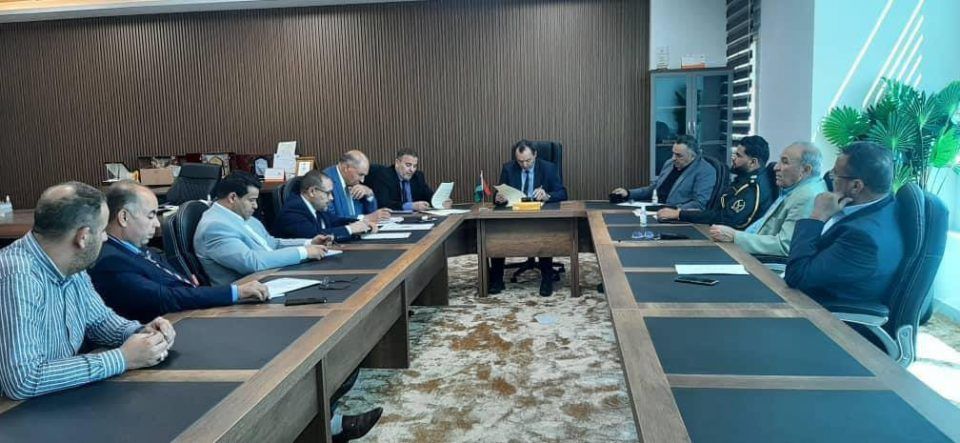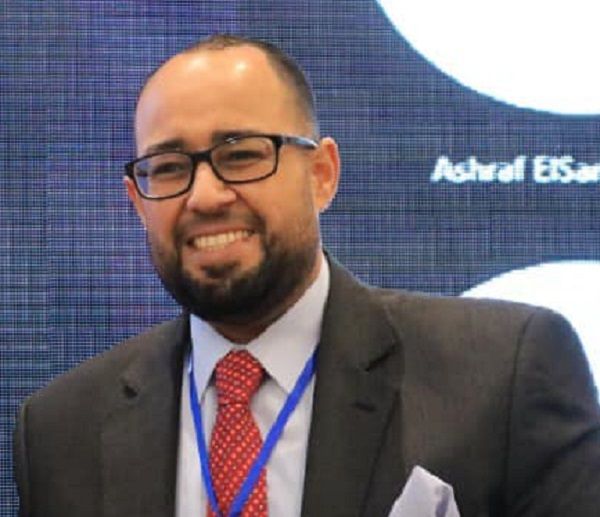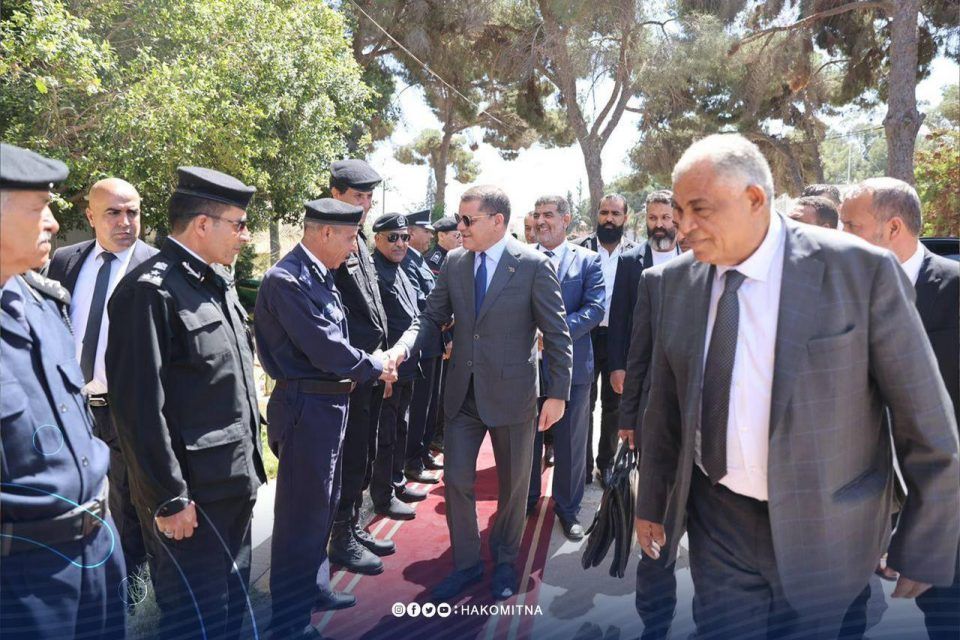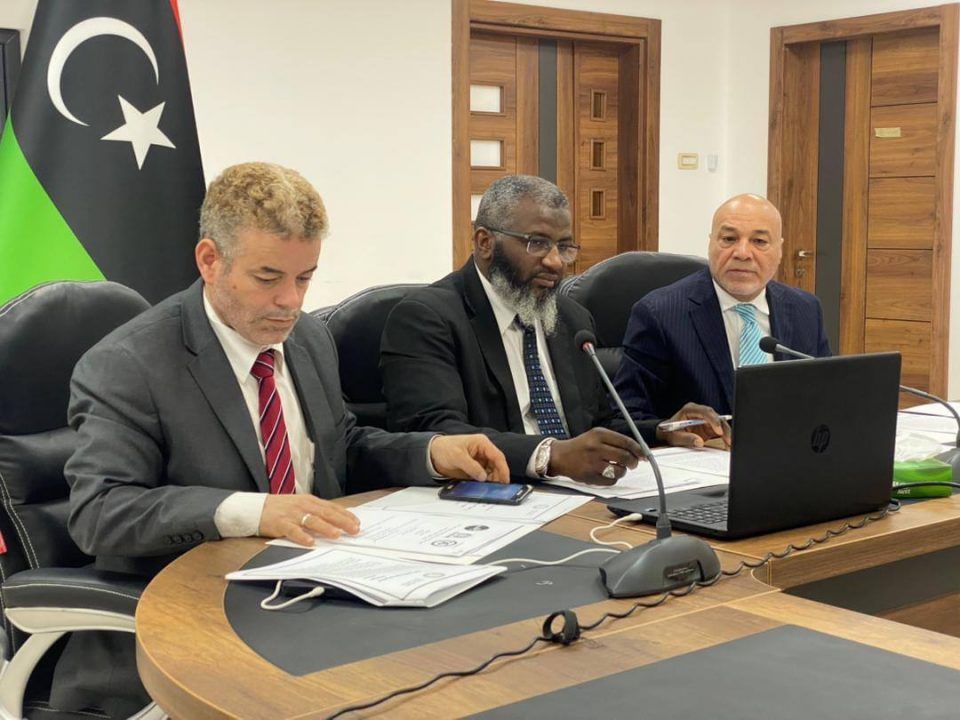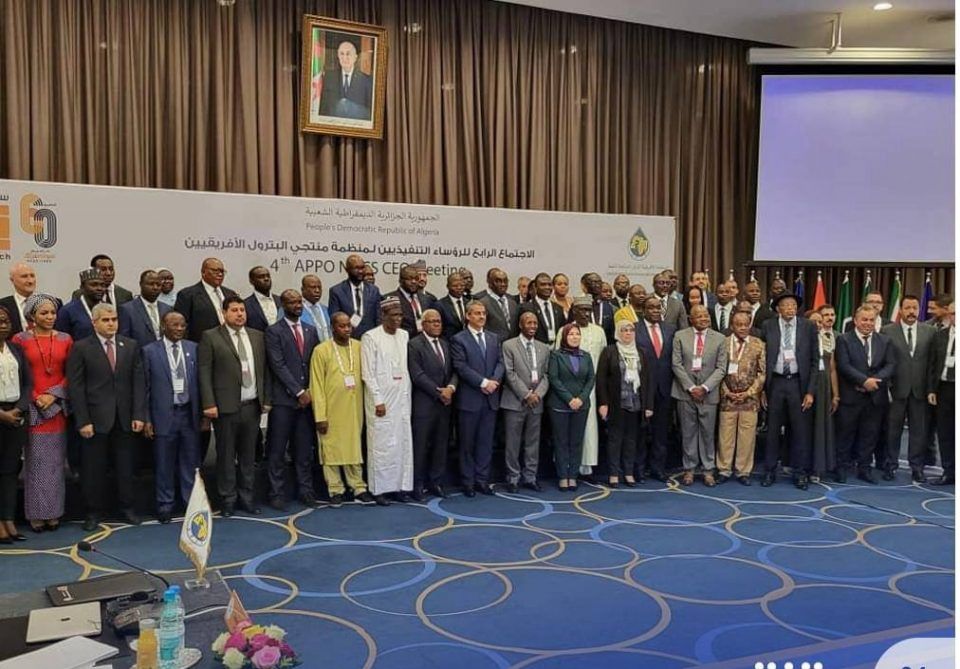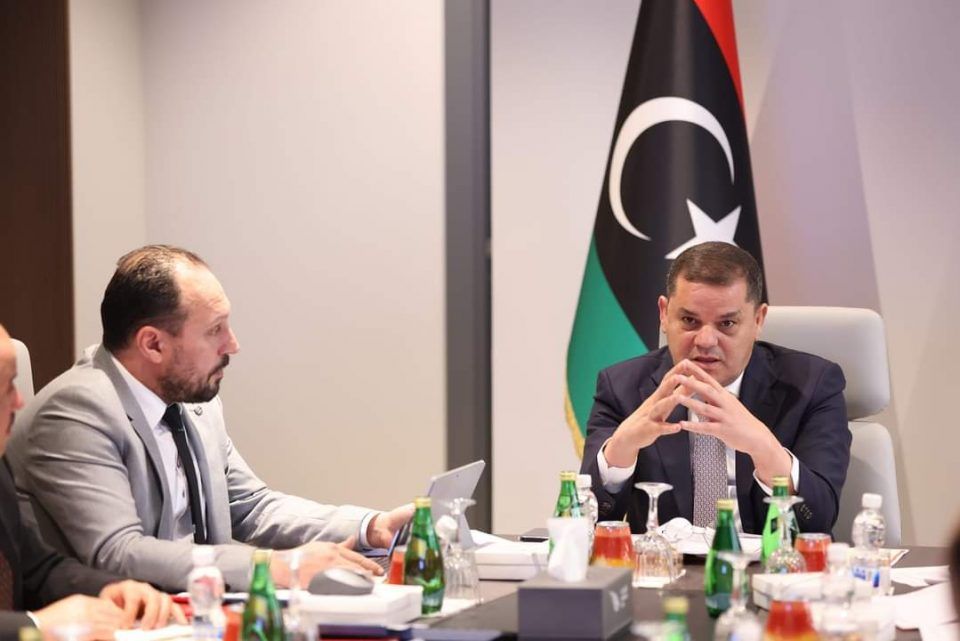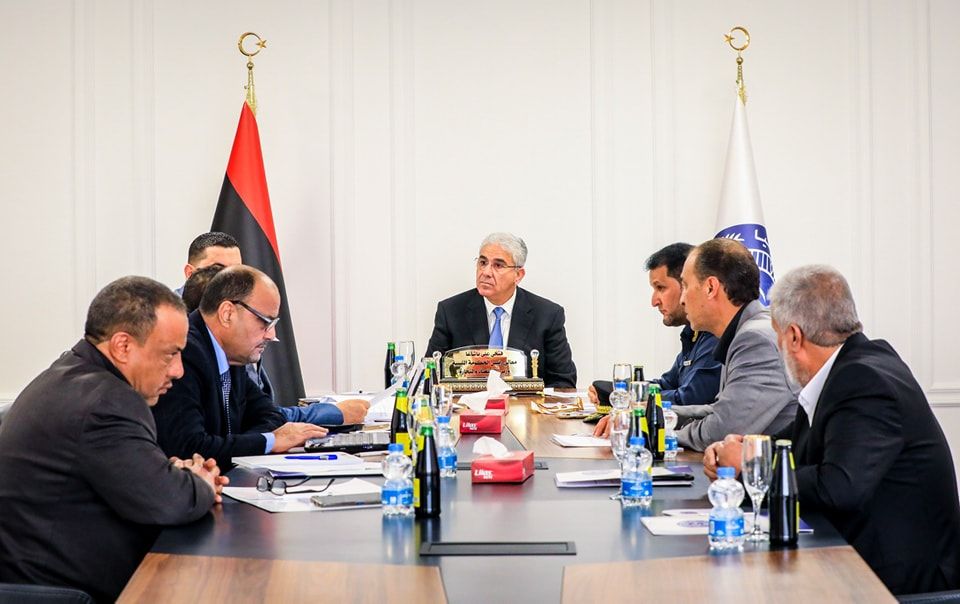An emergency room to monitor the availability of basic goods prepares a proposal that presents urgently to the Minister of Economy to issue a decision on setting prices for goods, especially meat and eggs
Members of the emergency room to monitor the availability of basic goods agreed during their fourth meeting, headed by the head of the municipal guard device, Rajab Gatoussa, to prepare an urgent proposal to be presented to the Minister of Economy and Trade in the National Unity Government, Mohamed Al-Huwaij, to issue a decision to determine prices for important goods so that regulatory authorities can enforce them and prevent violators, especially in the prices of meat and eggs.
The pricing for national lamb and eggs will be as follows: the price of a kilo of lamb less than 6 months old will be 50 dinars, a kilo of lamb between 6 months and 1 year will be 40 dinars, and the price of lamb over 1 year will be 30 dinars. As for the price of 30 eggs, it will be 12 dinars.
These prices are an urgent step to control pricing to ensure the availability of goods and protect consumers. Violators and speculators will be controlled within the framework of regulating the local market to achieve stability and food security for citizens.
The meeting was attended by the Director of Internal Trade Administration at the Ministry, Mustafa Gdara, the Director of the Office of the Minister of Economy and Trade, Fawzi Wadi, the Director of the Security Affairs Department at the Internal Security Apparatus, Jalal Al-Qalali, the Director of the Food and Drug Control Center in Tripoli Branch, Shaaban Saleh, the Director of the Food Control Administration at the Food and Drug Control Center, Abdulmajid Suleiman, the Ministry of Labor representative, Salem Abushnaf, the head of the Marketing Department at the Ministry, Salem Al-Anqar, and the committee rapporteur, Nasreddin Kandir.
This came in implementation of the decision of the Prime Minister of the National Unity Government, Abdul Hamid Dbeibeh, No. 107 for the year 2023 to form an emergency room to monitor the availability of basic goods.
